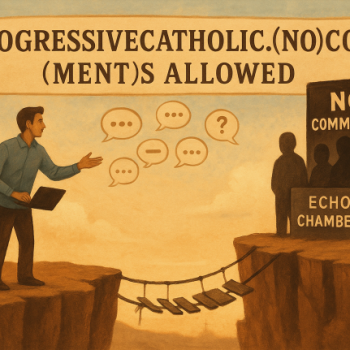 This is not a review post, rather, it is a post to draw your attention to an interesting literary project: Legacy of the Stone Harp, written by James G. Anderson and Mark Sebanc.
This is not a review post, rather, it is a post to draw your attention to an interesting literary project: Legacy of the Stone Harp, written by James G. Anderson and Mark Sebanc.
I have not had the time and leisure to read the two volumes which have been sent to me. I have had too much to do and too many other things on my mind. I will review each volume individually as I read them. I do not know if I will like them or not, but they seem to be the kind of book many would like, and one of the authors, Marc Sebanc, has done considerable translation work from theologians I am influenced by (such as Henri de Lubac). Moreover, like many others, the Inklings are an acknowledged influence on their work (how that relates to the books themselves, I do not know).
The two volumes to date are:
The Stoneholding and Darkling Fields of Arvon. The story, on the official site for the books, is described in this way:
For thousands of years the diverse realms of Ahn Norvys have known only peace and security. Governed by the great harmony established in ages past by the first High King, Ardiel, whose wondrously crafted harp, the Talamadh, first bound together the heavens and the earth in peace, the folk of Ahn Norvys have lived simple, unfettered lives.But Ardiel’s binding is beginning to unravel. The intimate connections between the things of heaven and the things of earth are being torn asunder. As the Great Harmonic Age draws toward its dire close, moral and social decay has taken hold in the land. Chaos and misrule are afoot, as are treachery and injustice. Evil figures grow in power and influence . . .
It will be interesting to see what theological ideas are placed in these books. With Mark Sebanc’s work with Henri de Lubac, I would not be surprised if I find some of that influence in the books, especially de Lubac’s Mystery of the Supernatural and Drama of Atheist Humanism find its place in these works.
Reviews of the first book indicate how the work can be “wordy” and “dry.” This kind of criticism can be legitimate, or it can be indicative of someone who is overly interested in pulp fiction geared for mass consumption. Many classics have had similar complaints, with Tolkien himself often being described as “dull” because his interest lies in the story and language, and not in the action that modern readers desire. And, I am hopeful that this will be the case here, because the reviewer who said the text could be “dry” also said it is imaginative, with a well-developed plot, and so that bodes well for the work as a whole.
Has any of Vox Nova’s readers read the books? What do you think of them? Let us know!
















